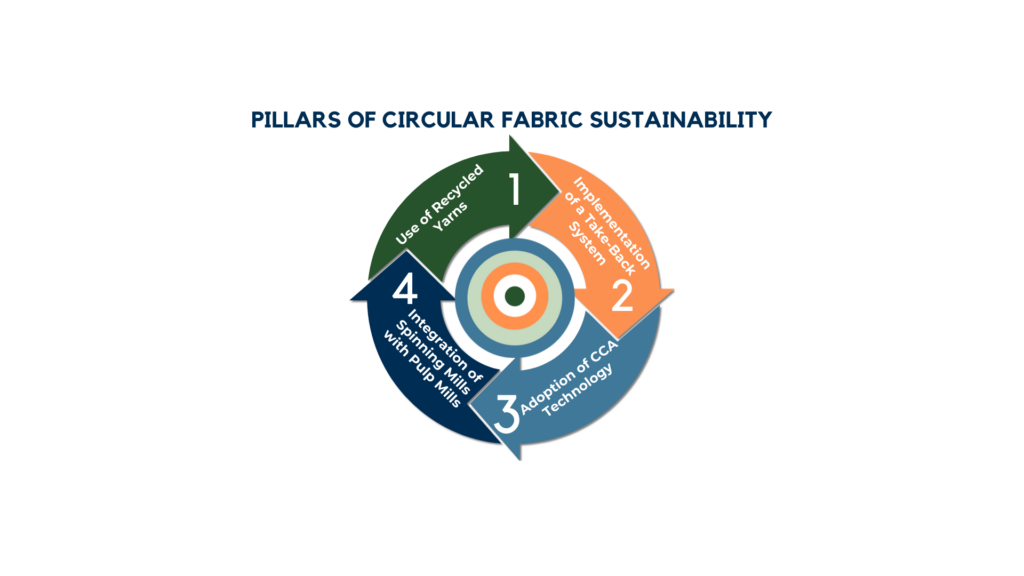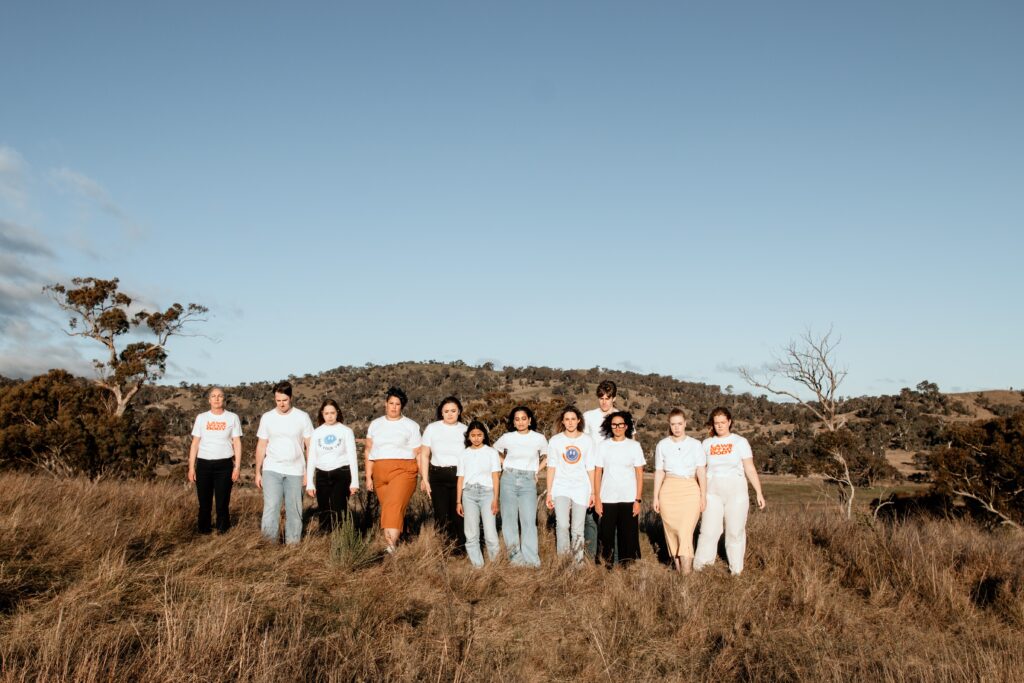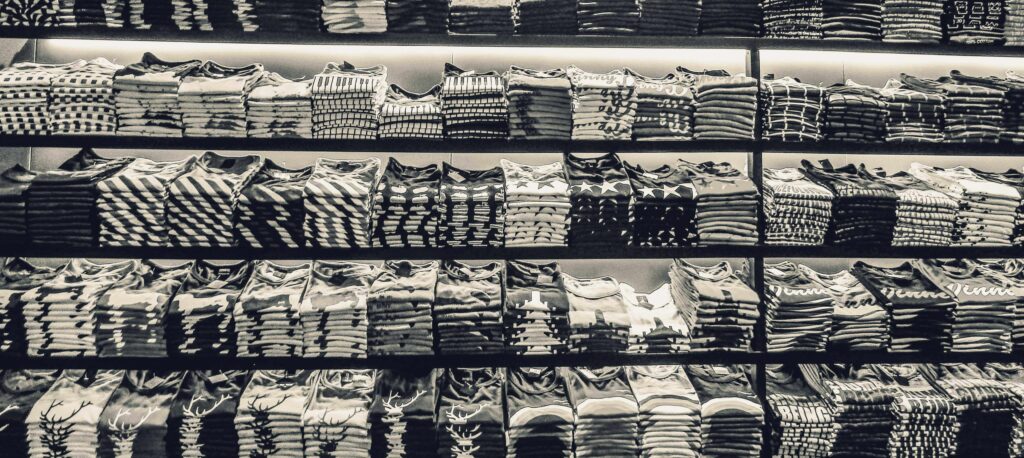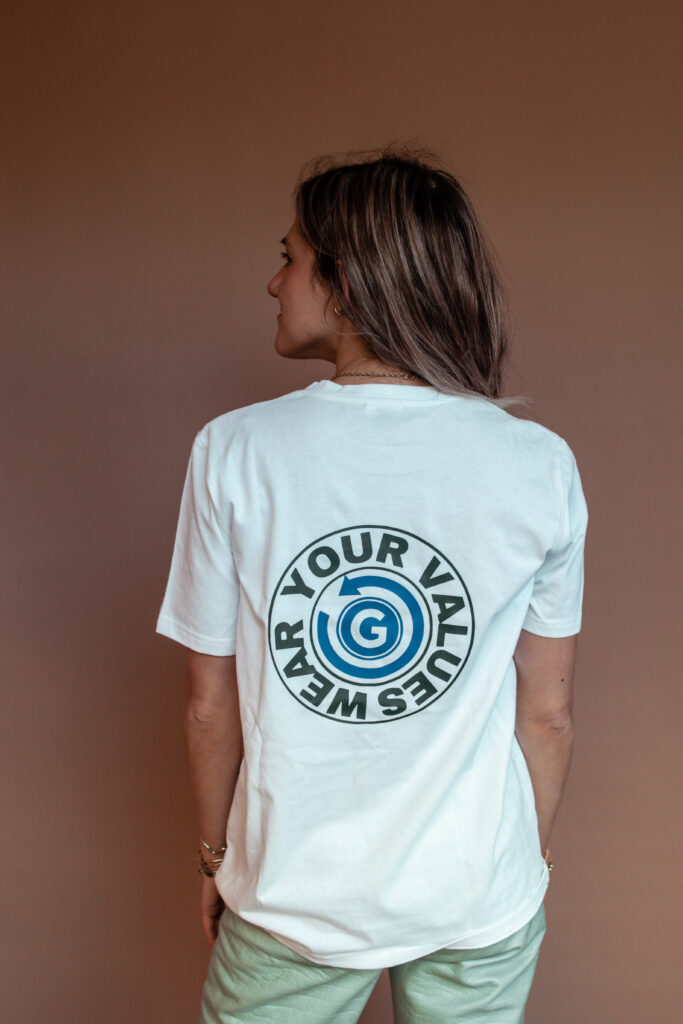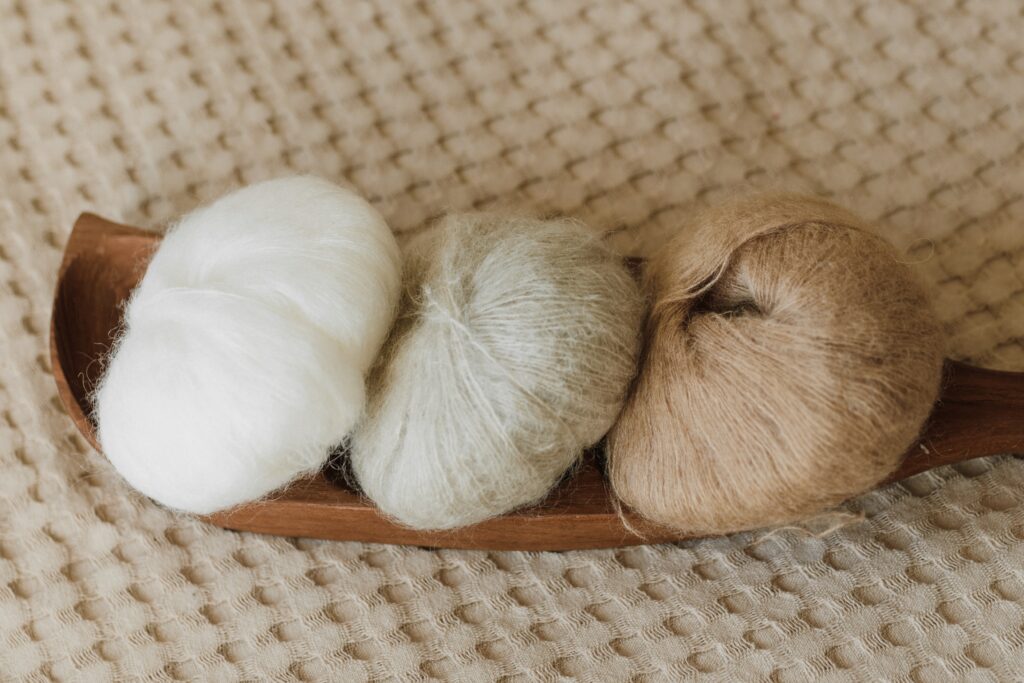The overconsumption of fast fashion has led to a plethora of environmental issues, including pollution and waste. While using organic cotton in new t-shirts may seem like a viable solution, the truth is that it is not. The production of organic cotton still requires large amounts of water, pesticides, and energy, and it does not address the issue of excess clothing ending up in landfills. The only true solution to the problems facing the fashion industry is the use of recycled cotton in t-shirt production.
Recycled cotton has numerous environmental benefits. It reduces the demand for new, virgin cotton, which means that fewer natural resources are required to produce t-shirts. In addition, using recycled cotton can also help to reduce waste, as it gives old clothing a new life instead of sending it to landfills.
Furthermore, the use of recycled cotton in t-shirt production can also have social and economic advantages. It can help to create jobs in the recycling industry, and it can also save money by reducing the need for new raw materials. This can make the t-shirt production process more sustainable and responsible, and it can also help to make t-shirts more affordable for consumers.
In conclusion, using organic cotton in new t-shirts is not a viable solution to the problems facing the fashion industry. The only true solution is the use of recycled cotton in t-shirt production. By embracing the principles of a circular economy, the fashion industry can create a more sustainable future for everyone.

